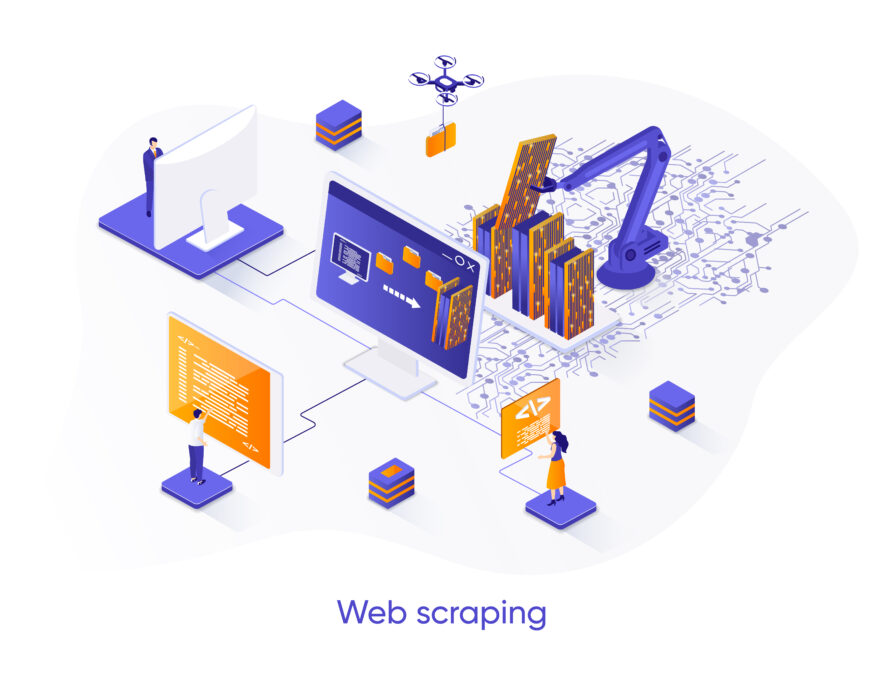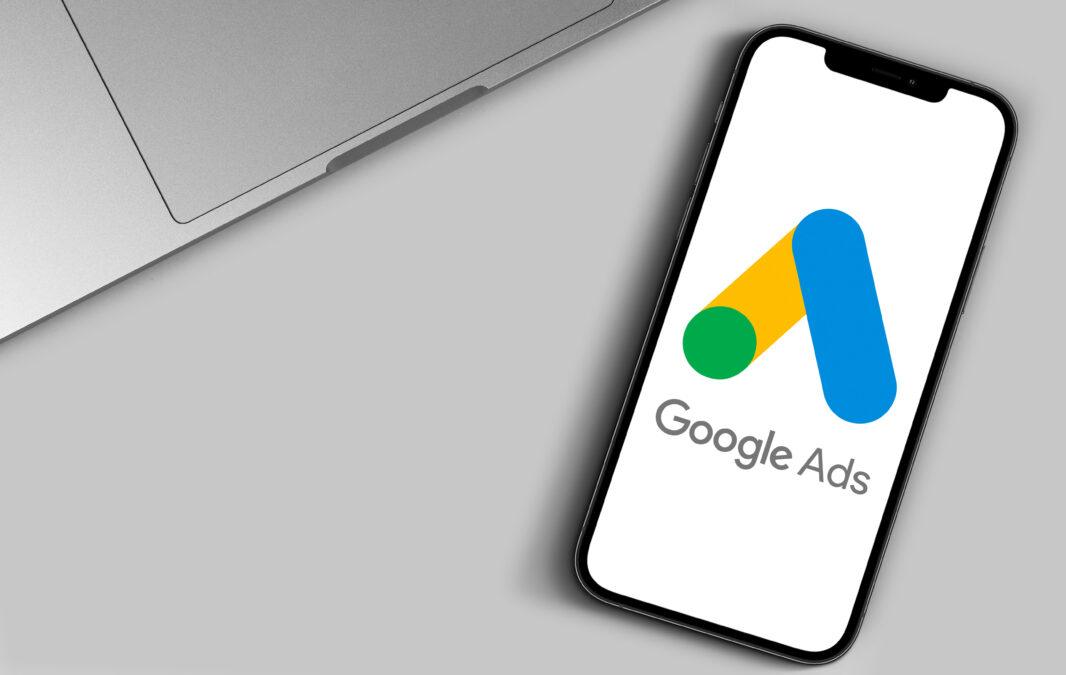With the average lifetime of a company decreasing to 15 years, new research from SAS reveals the key to survival for today’s organisations is engaging with millennials
Generation Z – or the millennial generation – have grown up in a constantly fluctuating technology-driven world.
From the smartphone to virtual reality, the options expected by those born after 1980 – according to Goldman Sachs – are high. These expectations are vastly different from the generations that preceded them.
The millennial generation wants access to hyper-personalised and efficient services. As such, their desires have and will continue to alter the economy.
Driving business
Organisations now make big businesses decisions based on this access to personal customer insights derived from enhanced computational power and analytics.
“The organisations that will prosper in the future, will demonstrate how they can enhance the Data Generation’s life potential and that of society. This will require organisations to embrace analytics architectures that are more accessible, flexible and can easily scale to problems of any size,” said Mark Wilkinson, SAS regional vice president of northern Europe.
>See also: How to recruit, retain and understand millennials
The technologies and experiences the millennials have grown up with are changing how businesses do business, how they engage the new type of consumer and how they buy and sell.
Generation Z approaches its personal data as ‘bargaining chips’, according to a recent survey by SAS, an analytics firm and the Future Foundation, an independent research agency.
Personal data
They are acutely aware of the power of personal data for services and brands, and the majority of those surveyed (69%) viewed personal information as a method to enhance their lives.
Those organisations that fail to embrace the data and data analytics to further understand their customers will fail to survive.
Indeed, the survey revealed that 65% expect brands to have total recall of previous interactions to deliver hyper-personalised services.
>See also: 10 ways to keep Millennials happy in the workplace
The desire of Generation Z to share their information with retailers and public service infrastructure is also a factor in the reshaping of business. A general willingness and expectance to share their data is effectively driving business models.
For example, the survey found that 50% are happy to share data with online retailers for personal recommendations, while 44% were prepared to share data with the NHS (and third parties) if it could be used to drive personal improvements in health.
The millennial generation, suggests Wilkinson, “are amenable to sharing more forms of data, provided it gives them control as they navigate turbulent macroeconomic conditions and fluid career projections”.
The number of devices connected through the Internet of Things will continue to expand Generation Z’s desire to share their personal data, and its importance, therefore, will continue to reshape and redefine business.







